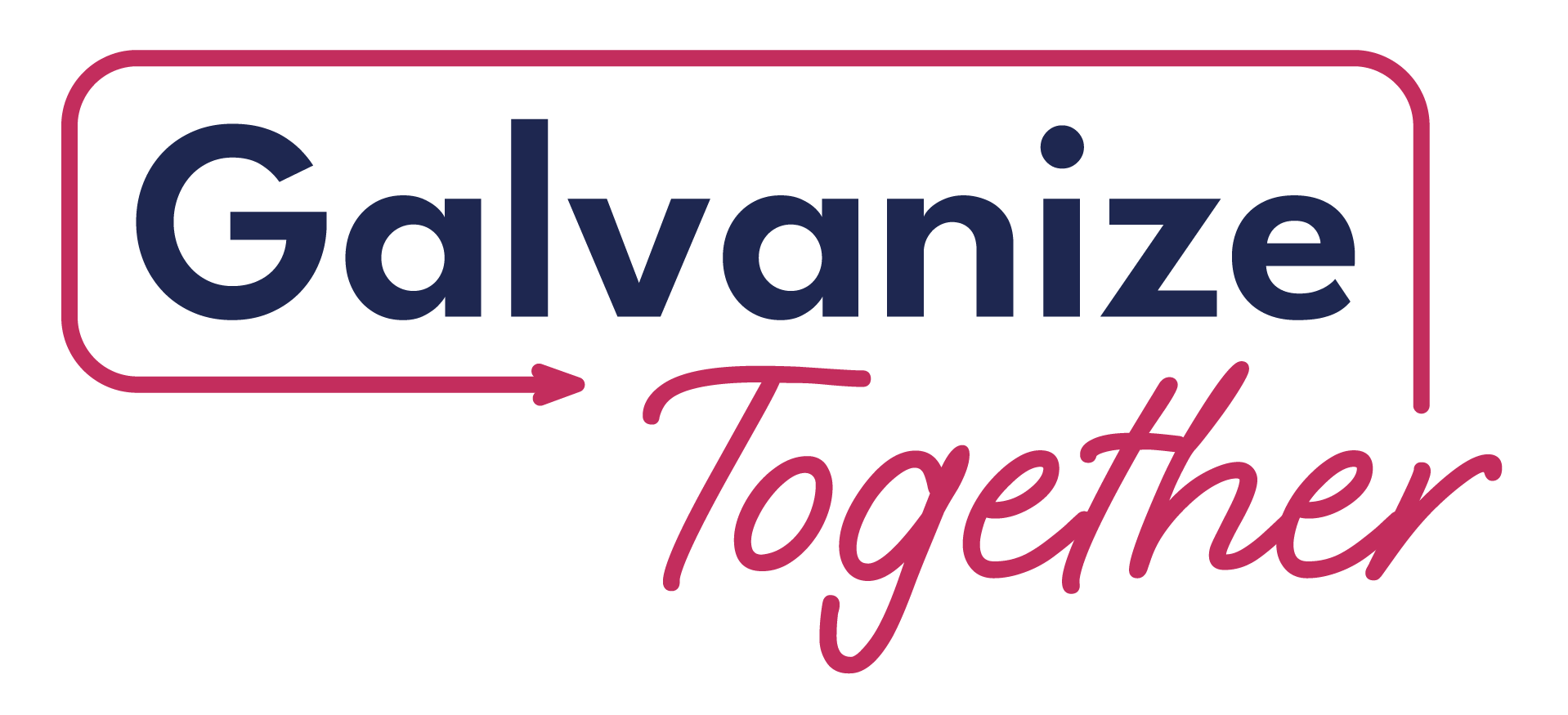Am I an enabler?
Reading Time: 3 minutes
Share:
Dear Grace,
My son and his wife call me an enabler and will not let me see my grandchildren because of it. I would never let either of my grands get into anything serious or dangerous (they are now 16 and 13). But I’m so confused on what they even mean by “enabler” or what they’re holding against me. Help!
– Defensive in Decatur
Dear Defensive,
I know how hard it must be to not be able to see your grandchildren, and I admire you for taking steps to understand the problem so you can address it. I hope someday your son, too, sees how much this means to you. So let’s see if we can help him.
Here are some suggestions to hopefully repair this rift.
First, get out of ‘defense’ mode. You said it yourself when you signed your letter, Defensive, and it’s understandable. Hearing that your son and his wife aren’t comfortable with you being around the kids is downright painful. While your feelings are valid, coming in too hot to any discussion with your son will only distract from finding a way forward. Before you reach out to him, take some time to process your feelings for YOU. You can journal, talk to a therapist or friend, go for some long “thinking” walks—whatever works for you. Once you’ve worked through your own feelings, you will be in a better position to work towards a solution.
- Pro Tip: Name your feelings out loud. I know that when I try to put words to my feelings for the first time, I usually end up in tears. Prepare to have a calm conversation with your son by practicing out loud alone or with a loved one, so you get the tears out early and can move past that overwhelming feeling.
Talk to your son. It sounds like you’ve tried this in the past, but it’s possible you were both feeling a little raw and things got heated. Now that you’ve taken some time to process, you can approach him from a place of curiosity and love, instead of hurt. This might sound like: “I hear how concerned you are about enabling behavior. I want to understand what you mean so that I know how to make it better. Can you give me an example of my enabling or tell me more about what you mean?” If sitting down together is too emotional for you both, try writing him a letter or email so that you can respond back and forth on your own time and terms. This may also help you both avoid acting on feelings of anger or defensiveness in the moment.
Get support and reflect. It’s not always easy for us to hear what our loved ones have to say about our behavior—but relationship ruptures don’t mend without active repair, and that requires understanding. After taking time to really listen to your son, take some time to reflect on what he shared and what you can learn from it. Can you put yourself in his position to see why he has concerns or how some of your actions may be perceived? Often, our loved ones see us more clearly than we see ourselves, as difficult as that can be to admit. Even if you don’t find it rings true for you, remember that it is true for him, and that deserves respect and acknowledgment.
I don’t know enough about the specifics of you or the situation to say whether his concerns are correct or not—and really that’s not my place. In most relationships there’s a little on both sides that could be done differently. The important thing is your relationship with your Grands, and your son, and doing what needs to be done so you can enjoy each other as a family again. Eyes on the prize! You can do this!
With love and encouragement,
Grace



